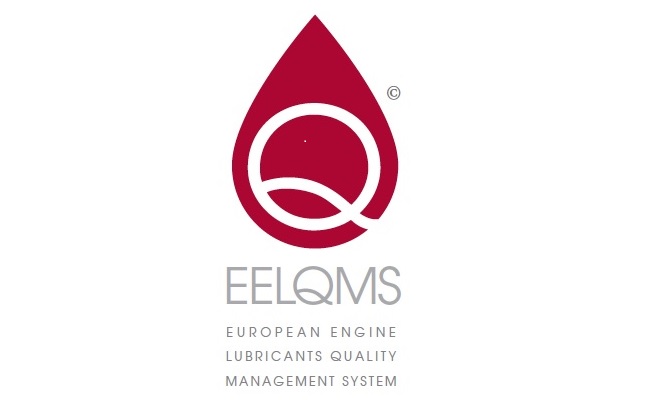
The Technical Association of the European Lubricants Industry is expanding its program of monitoring engine oils certified as meeting ACEA specifications to include areas outside Europe, the associations president told a conference here two weeks ago.
ATIEL has also instituted an annual registration fee of 975 to fund the program and this month introduces a trademark that registrants may display on oil packages.
Our conclusion is that the surveys are useful and need to be intensified, ATIEL President Peter Tjan said Oct. 27 at the Annual Congress of the Union of the European Lubricant Industry (UEIL).
ATIEL, which is based in Brussels and represents the leading lubricant marketers in Europe, is one of several industry organizations that work to promote engine oil standards for European automobiles. The European Automobile Manufacturers Association, or ACEA, develops ACEA oil sequences. ACEA authorizes marketers to promote oils as meeting those standards if they sign letters stating that they comply with the European Engine Lubricants Quality Management System, which incorporates the requirements of the sequences along with rules about how to formulate and blend oils in order to ensure that finished products continue meeting the requirements. ATIEL administers the letters of conformance.
Originally the system was based on self-compliance and included no checks. Three years ago ATIEL began drawing samples of oil from around Europe and testing whether they met performance requirements. At first the program sampled products marketed by ATIEL members – which includes 21 large oil companies plus UEIL – but it was subsequently expanded to include non-members that sign letters of conformance.
To date the program has only covered oils for light-duty vehicles, but Tjan said it will now also cover heavy-duty engine oils and will begin to collect samples from other regions where ACEA standards are used. The association will also consider whether to test oils marketed by companies that claim to meet ACEA performance standards but do not file letters of conformance.
All of these changes are driving up costs, Tjan said, explaining that the programs budget has risen to 100,000 per year. To cover those costs, the organization has introduced the registration fee, while at the same time shortening the life for letters of conformance from two years to one. Signatories were required to submit new letters by Nov. 1.
ATIEL introduced the EELQMS trademark, hoping that it will come to be recognized as a symbol of oil quality similar to the donut and starburst symbols used by the American Petroleum Institute for oils that meet specifications developed in North America. The EELQMS trademark includes a red drop with the letter Q in it, along with name European Engine Lubricant Quality Management System.
As of late October, ATIEL had signed up 150 registrants, Tjan said, 20 percent of which are based outside Europe. He added that numerous companies have expressed interest in displaying the trademark.

Trademark image courtesy of ATIEL
In order to ensure integrity and confidentiality of the testing program, ATIEL outsourced it to a separate company, Services to Associations and Industry in the Lubricants Sector. It administers testing of properties such as high- and low-temperature viscosity, Noack volatility, sulfated ash content, phosphorus content and TBM.
ATIEL does not publish overall results of the testing, but Tjan said that literally a few of the more than 500 products sampled are found out of compliance in ways that lead the association to conclude that the companies are cheating. The association has contacted those marketers, explained the requirements of claiming to meet ACEA sequences and advised them to do so or to cease those claims.
Generally they have ceased the claims, he said.
Testing also finds a larger number of non-compliant products marketed by companies that seem to intend to comply but theyre just not very good at it, Tjan said. ATIELs leadership believes those companies fail to understand something about the sequences and making products that meet them.
You couldnt physically achieve the performance claims that were being made, he said. That had to do more with education. So we started publications and began doing webinars where we could educate people. By doing so, the association hopes that the monitoring program will help to upgrade the overall quality of oils in the marketplace.
Information about letters of compliance is available at the SAIL website.